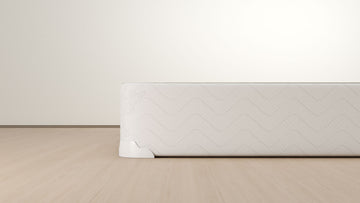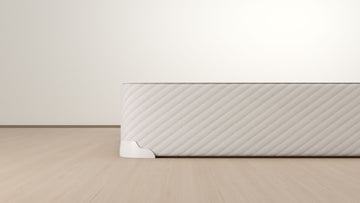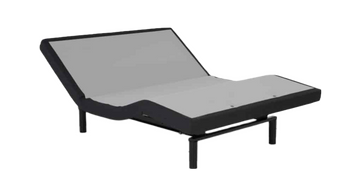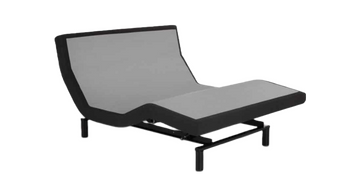Mattresses are not designed to last forever. You are supposed to change it out every few years, with a flip or two along the way for comfort. This all depends on the type of mattress that you own, of course, but the general consensus is that you need to have a good, firm mattress if you expect to be comfortable and sleep.
If you’re wondering whether or not it’s time to replace your mattress, or even how to tell you need a new mattress, then chances are — it is. Your body will soon tell you whether you need a new one, and whilst there may not be a set rule as to when you need to make a change, it’s safe to bet that a mattress that is uncomfortable or shows obvious signs of wear probably needs to go. Along with wear and tear, a change in your sleeping arrangements or your health may also justify the need for a new mattress.
We all know that not getting enough sleep makes us feel terrible, and that getting a good night’s sleep can make us feel ready to take on the world. In recent studies, scientists have discovered that sleep actually plays a very critical role in improving our immune function, metabolism, memory, learning and other vital functions. Our health, wellness and quality of life is directly related to the quality of our sleep. Below, you will find 14 tell-tale signs that you need a new mattress, so that you know when to get a new mattress.












